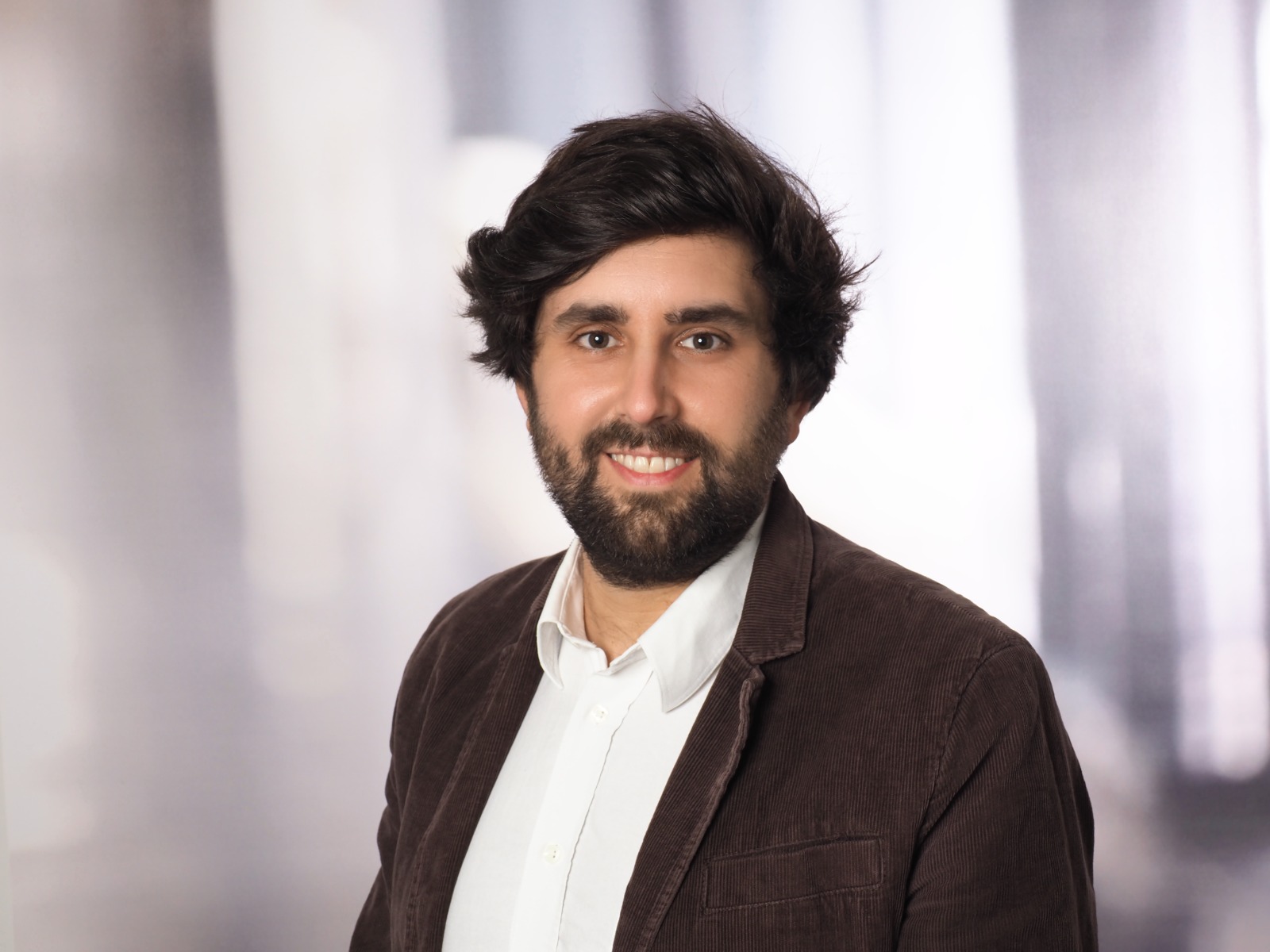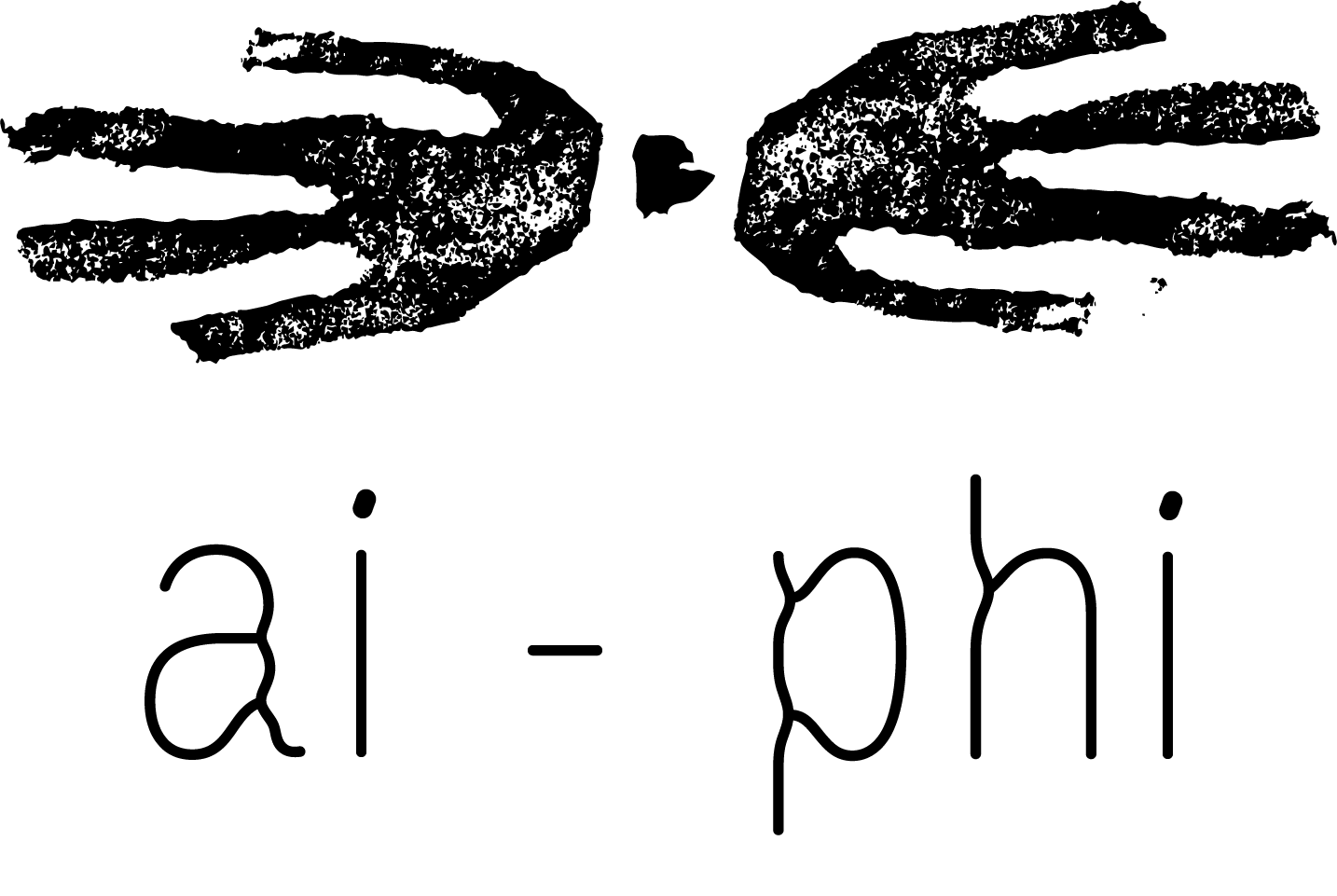Towards Artificial Phenomenology
Speaker: Johannes Kleiner
Date and Time: Friday, 31st May, 12:00 PM
Location: Amphi Jaurès, Département d’études cognitives, ENS, 29 rue d’Ulm, 75005 Paris
Local Committee: Aïda Elamrani (organiser), Quentin Coudray (facilitator)
Lunch Provided: Please register in advance: https://forms.gle/hxX86xWYr4i5Qcy37
Link to event
No remote attendance.
About the Talk:
This talk is concerned with the possibility of artificial phenomenology—the application of phenomenology to artificial systems, most notably artificial intelligence (AI) systems. Can we, as human beings, develop an understanding of the phenomenology of artificial systems, if some such phenomenology exists? The goal of this talk is to explain how recent developments in mathematical phenomenology (Prentner) and objective phenomenology (Lee) might afford a positive answer to this question. In providing a sketch of the resulting research program, I will also highlight why and where artificial phenomenology is needed in understanding and doing justice to the postbiotic conscious systems of the future.
About the Speaker:

Johannes Kleiner is a physicist and mathematician who works on mathematical topics in consciousness science. In 2017, he completed a PhD in mathematics at the University of Regensburg, awarded summa cum laude, subsequent to which he was a postdoc at the Institute for Theoretical Physics of Leibniz University of Hanover. In 2020, he decided to pursue a second PhD at the LMU Munich Center for Mathematical Philosophy and the LMU Graduate School of Systemic Neurosciences, devoted to what is now called Mathematical Consciousness Science. Since 2023, he is also a postdoc at the Institute for Psychology of the University of Bamberg. In the past half year he was a visiting scholar at New York University’s Center for Mind, Brain, and Consciousness, and in the year before that an academic visitor at the Mathematical Institute of Oxford University. Other research visits comprise the Harvard Center of Mathematical Sciences and Applications, the Department of Computer Science of Oxford University and the Centre de Physique Théorique of Aix-Marseille Université. He currently serves on the board of the Association for Mathematical Consciousness Science.
About the Organisation:
This talk is part of the EIC-funded ASTOUND project, which investigates the impact of artificial consciousness. ASTOUND aims to enhance the social capabilities of conversational agents by applying Michael Graziano’s theory of consciousness. More details: Astound

